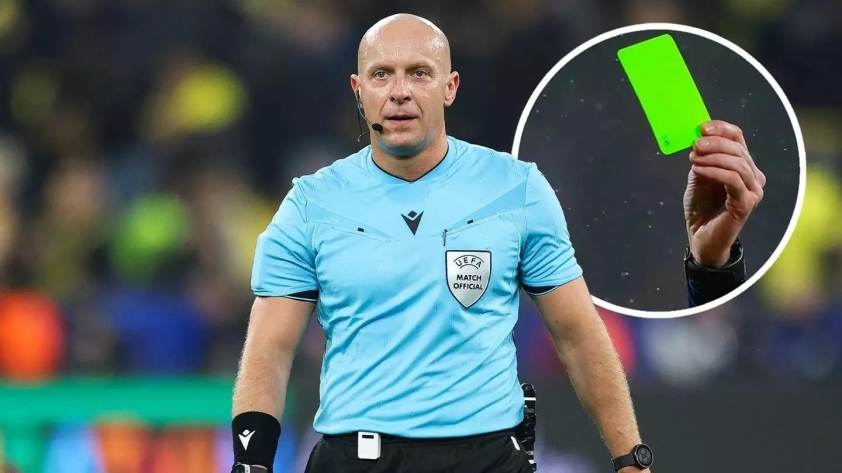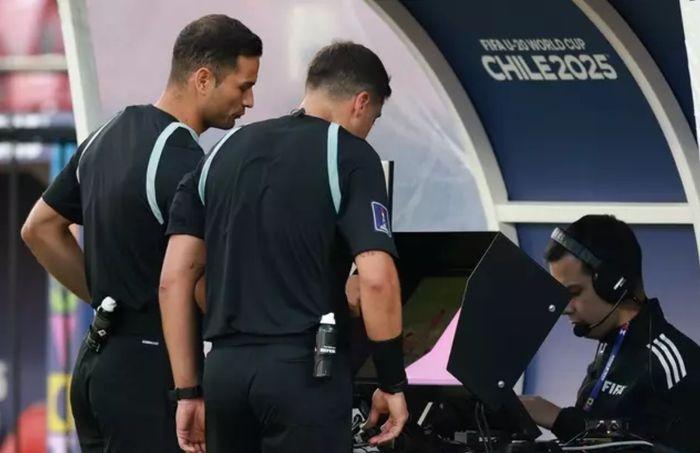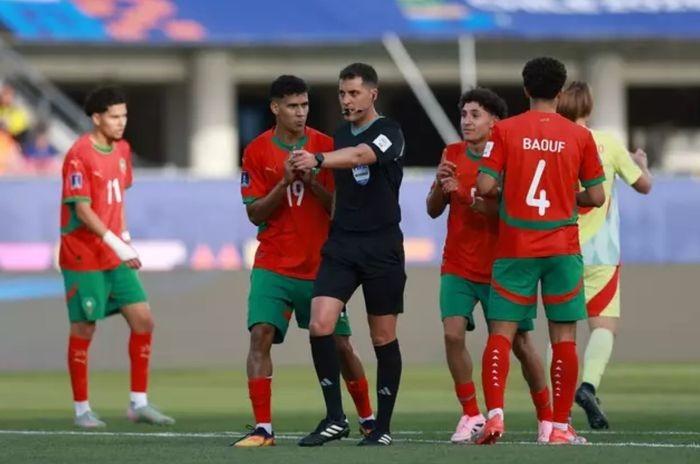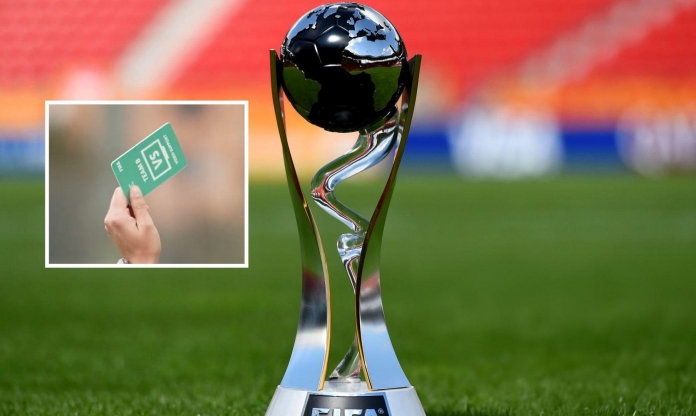OFFICIAL: FIFA’s new green card makes football history
FIFA is experimenting with the introduction of a “green card” in football, and it has been implemented in a major game.
Main content
Red and yellow cards have been an essential part of match discipline since their introduction at the 1970 World Cup.
However, while they play a key role in enforcing the rules, football may soon witness a revolutionary change. Because at the U20 Men’s World Cup currently taking place in Chile, a completely new system is being trialed.
Previously, at the CONIFA World Football Cup (a tournament for teams not affiliated with FIFA), a green card was issued for players’ dissent towards referees. Its purpose then was to address “disrespect towards officials.” But according to the official Olympic website, in the FIFA-backed trial, the green card carries a completely different meaning.

How does the green card function in football?
Instead of being disciplinary, the green card becomes a crucial part of the match management process through the Football Video Support (FVS) system – similar to VAR but used in tournaments or organizations without VAR.
Like VAR, video is used to review “clear and serious errors” related to goals, penalties, and yellow cards. However, the operational method differs. At the U20 World Cup, the green card serves as a signal to request a review of the situation via FVS.
Similar to the U20 Women’s World Cup in Colombia or the FIFA Blue Stars Youth Cup, each coach is allowed two challenges per match, similar to challenge systems in American football, basketball, tennis, baseball, or cricket.
A challenge can only be made after a referee’s decision, giving coaches a chance to review the situation on screen. If the decision is overturned after review, the team retains the challenge; if not, they lose it.
This exact scenario happened for the first time at the U20 World Cup when Morocco defeated Spain 2-0 on October 2. Spain was awarded a penalty, but after Morocco’s coach Mohamed Ouahbi used the green card to challenge the call, the referee reviewed the incident and canceled the penalty.


The green card system will continue to be used throughout the tournament in Chile until the final on October 19.











 Links
Links
 Contact
Contact
 App
App


